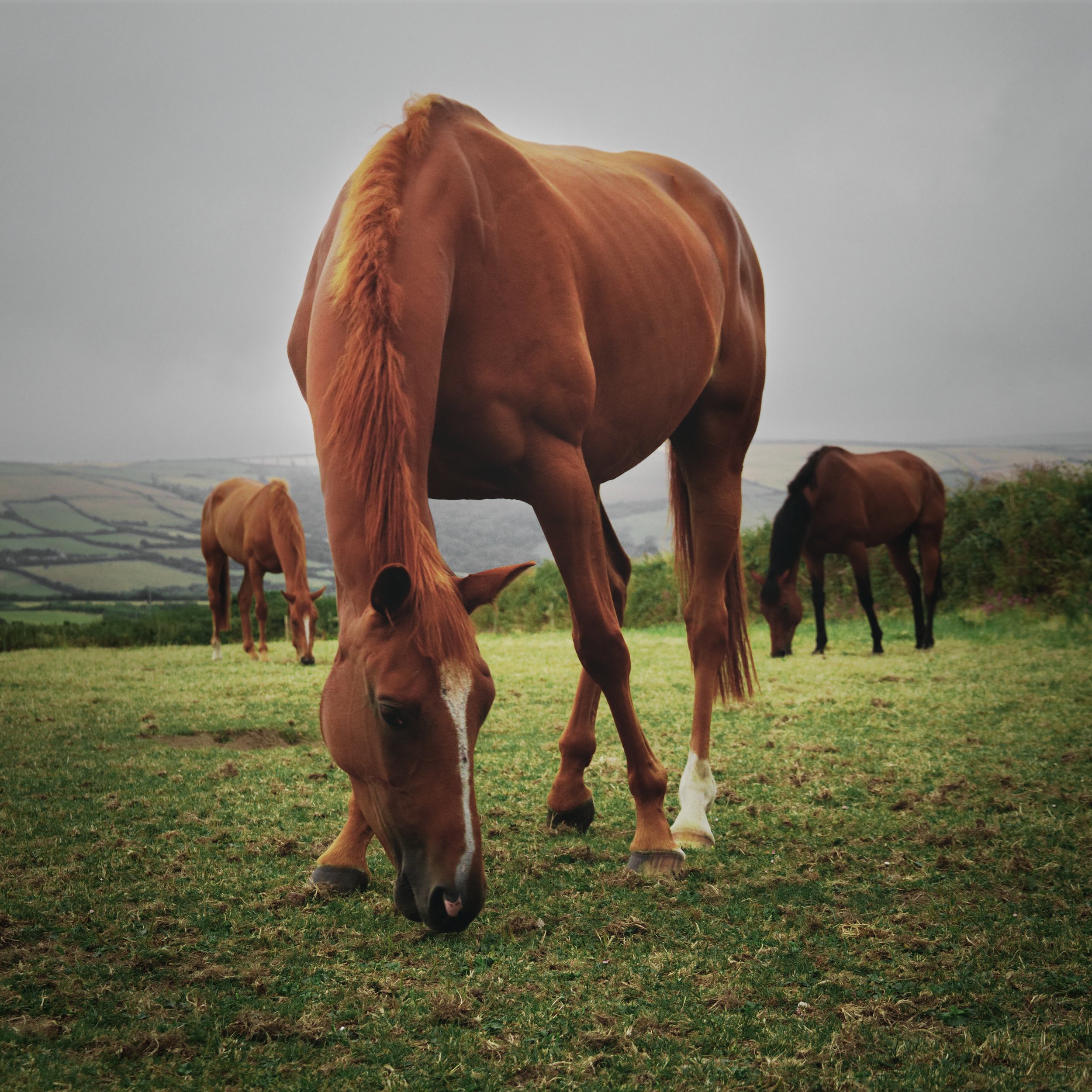Types of Worms in Horses
Worms can be a major issue for a horse’s digestive system. If they become out of control, serious illness can develop including chronic diarrhoea, colic, weight loss and even death in very severe instances.
The most common types of worms in horses are:
1. Tapeworm IN HORSES
Large numbers of tapeworms will sometimes live at the illeocaecal junction which is the point where the small and large intestines meet. Colic, anaemia and unthriftiness are some of the symptoms. Ulcers can also occur when the tapeworms attach to the inner lining of the gut.
2. Roundworms (Ascarids) IN HORSES
Roundworms can build up very quickly in the gut and can lead to a blockage. More common in foals, they can penetrate the gut wall and travel to the liver and/or lungs. Infected horses can have respiratory symptoms such as a cough or nasal discharge.
3. redworms IN HORSES
Large redworms are one of the most dangerous parasites in horses. Having eaten grass in the field containing worm larvae, the larvae make their way through the digestive system, eat the lining of the gut wall and then enter the bloodstream where they can cause damage to various internal organs.
Small redworms find a home in the small intestine during the winter and then re-emerge in the spring exiting the intestine in a large group. A large number of small redworms can therefore be very damaging to the gut wall and in extreme cases, it can even be fatal.
4. Pinworms in HORSES
Pinworms live in a horse’s rectum and only exit to lay eggs around the tail. This causes itchiness and the horse will be constantly “bum rubbing” to alleviate this. Open sores can develop which can then lead to skin infections.
5. Bot Flies IN HORSES
Bot flies lay small yellow eggs on a horse’s legs coat which are then swallowed by the horse as they groom. The eggs hatch into larvae as they travel through the digestive system. Inflammation of the mouth and throat can occur as well as stomach ulcers.
6. Threadworms IN HORSES
This is another worm which affects foals as they are transferred to them via their mother’s milk. They can leave the foal weak and can even impact on its growth.

